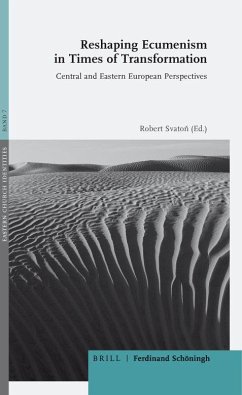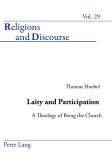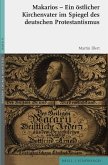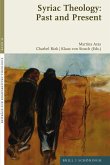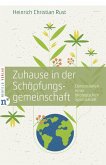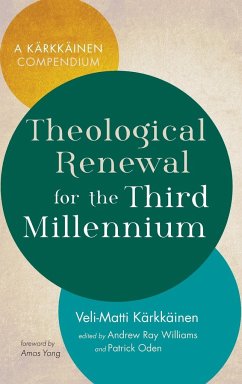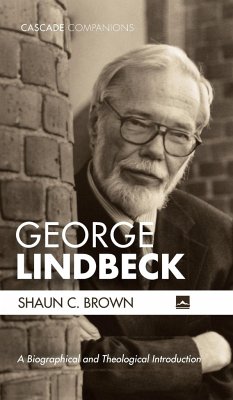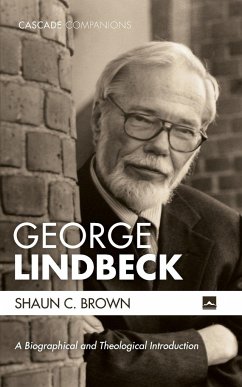For decades, Christians of different confessions in Central and Eastern Europe were linked together by the experience of totalitarian regimes of the 20th century, which also significantly codetermined the relationships between Christian churches. After 1989, these churches became part of the life of a free society and found themselves in the midst of profound social, political, economic, and cultural changes. Thirty years after the fall of the Iron Curtain presents an opportunity to reflect on what form the local ecumenical communities of churches are taking in this process of transformation. The authors of this book not only share experiences that reflect the specific historical and local context of churches in Central and Eastern Europe but also seek to perceive particular issues in the context of the changing global paradigm of the ecumenical mentality. The book explores the place of ecumenism in the lives of individual churches, opens up questions about the continuity of historical memory, analyzes new challenges addressed to the Christian community, and asks about the form and quality of mutual relations between Christian churches in the region. The volume wants to be a contribution to the search for a valid and reliable ecumenical hermeneutics for the 21st century, which uses the immediate ecumenical experience in the midst of a changing world. The book contains texts by Piotr Kopiec, Péter Szentpétery, Jaroslav Vokoun, Cristian Sonea, Andriyj Mykhaleyko, Robert Svato n , L ubomír Batka, and Reinhard Thöle .

